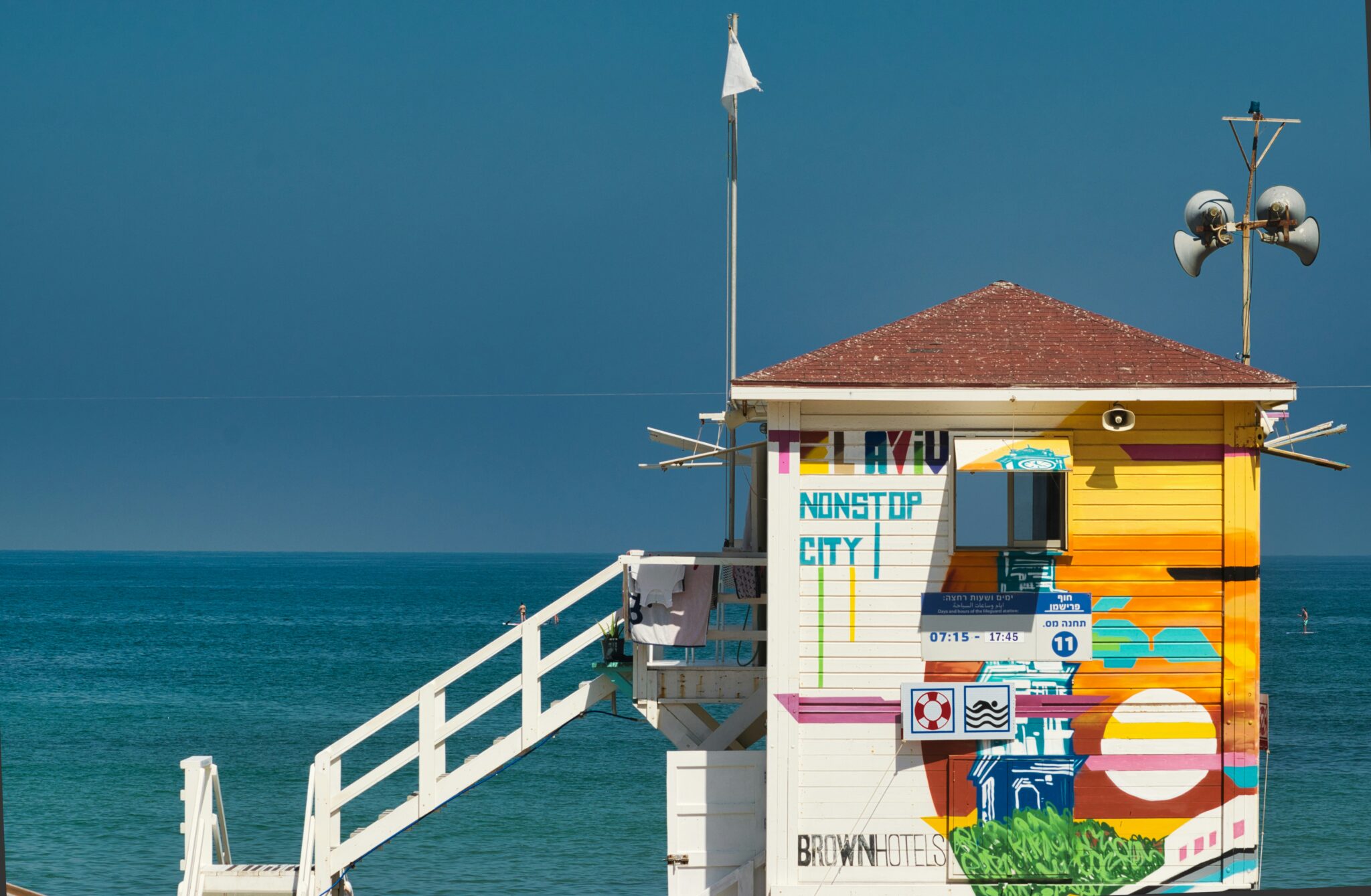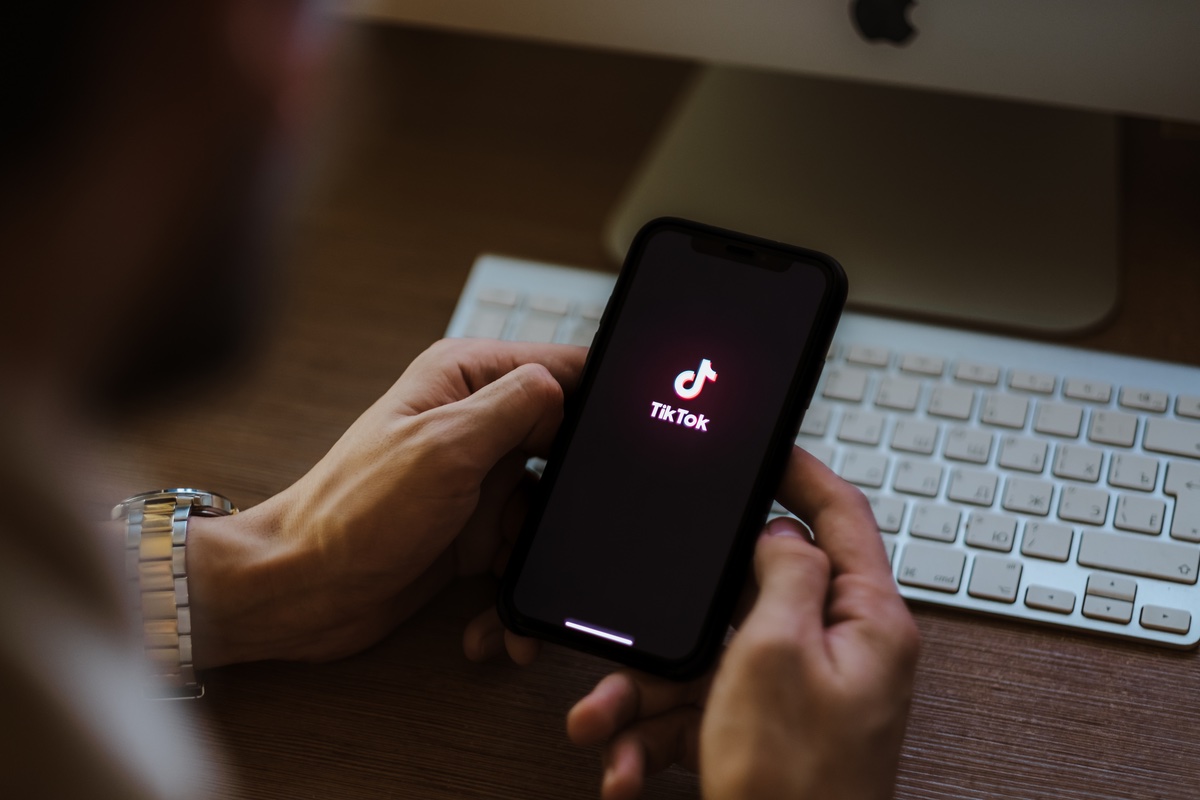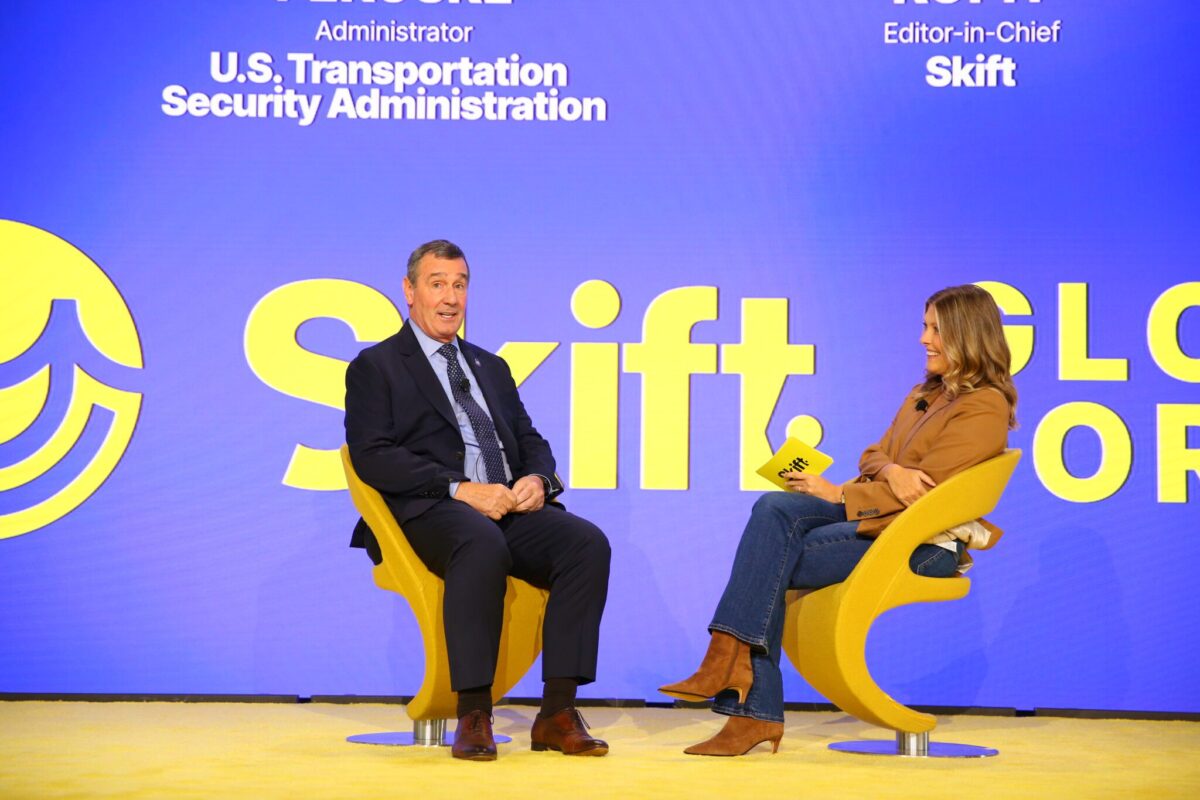Hotel Direct Booking Efforts Create Lasting Loyalty: New Report

Skift Take
In 2017, a report from Kalibri Labs suggested that the massive direct booking pushes launched a year earlier by the major hotel companies — Hilton, Marriott, InterContinental Hotels Group, and Hyatt among them —actually worked.
And today, more than two years later, a new report from Kalibri suggests that not only did the campaigns work, but those campaigns — many of which included discounted room rates — generated loyal customers and guests.
"Some people were sure [consumers] just signed up [for the hotel loyalty programs] to get discounts and that those members may have dropped off," Kalibri Labs CEO and co-founder Cindy Estis-Green said. "We didn't track data by numbers of personally identifying information because of security, but the loyalty numbers keep going up. Fifty percent and growing is now the average when it comes to contribution to occupancy from brand.com channels." Kalibri evaluates and predicts hotel revenue performance.
Examining hotel stays that took place from January 2016 to August 2018, Kalibri's research looked at a total of 19,000 hotels that had loyalty programs, ranging from economy to luxury properties throughout the U.S., and representing a total of 80 million different transactions.
"What the second study has borne out is that the new loyalty members have stayed loyal," said Chad Crandell, managing director and CEO of CHMWarnick, a hotel-asset-management and owner-advisory-services company that represents more than 70 hotels. "The return on investment that was somewhat speculative [with regard to the book direct campaigns] has borne out to be very accurate. The direct booking programs were effective in growing the membership base and those members continue to be loyal to the programs they've enrolled in."
The new report also noted that loyalty members comprise the largest customer base for branded hotels in the U.S., growing 30 to 40 percent year over year from 2015 to 2016 when the direct booking campaigns debuted. And even today, nearly half of the business in the U.S. branded hotels comes from loyalty members.
Further, Kalibri's data also indicates that the net average daily rate for brand.com loyalty bookings is higher than the net average daily rate for bookings made via a third party, such as an online travel agency like Expedia or Booking.com. The average daily rate for loyalty member bookings, after acquisition costs are removed, reflects a premium in comparison to bookings made via an online travel agency. Net average daily rate for loyalty bookings grew to 9 percent in 2018, up from 8.6 percent in 2016.
"Ownership is looking for the cost of guest acquisition," Crandell noted. "This helps the industry better understand that we should be looking at net average daily rate, or the next of cost to acquire that guest."
Kalibri's research also demonstrates the lifetime value of loyalty customers. A repeat guest who stays with a hotel three times after her initial visit, averages approximately $65 per loyalty member to a hotel, compared to having four different guests who have booked their stays via an online travel agency.
"The loyalty members are giving hotel owners a higher room and they spend more money in the hotel," Crandell noted.
What About Cancellation Fees?
There are a few questions about the research, however, that may dispute the power of the loyalty program discounts and benefits for the continued strength of loyalty bookings into 2018.
In 2017, the major hotel brands — Marriott, Hilton, Hyatt, and IHG included — also introduced stricter cancellation policies which also had an impact on rates, noted Bjorn Hanson, a veteran hospitality consultant and former clinical professor at the NYU Jonathan M. Tisch Center for Hospitality and Tourism.
"During this period was the introduction of the widely introduced non-cancellable/non-refundable rates," Hanson said.
Another item Hanson noted was that the report, which also tracked the growth of guest-paid revenue on booking costs since 2015, showed that the biggest growth of guest paid booking costs was from online travel agency commissions.
Guest-paid revenue grew 20 percent from its base level in 2015 to 2018 (using a trailing 12 months through August), and when indexed against the value in 2015, the overall cost to the hotel industry of online travel agency commissions has outpaced that growth, rising at more than twice that rate (45 percent) during the same period. Despite the adoption of loyalty membership, the total online travel agency commission costs are still growing more than 60 percent faster than loyalty costs which also grew, but only by 27 percent.
"It may be that brands have achieved some penetration relative to online travel agency commission but the commissions are kind of contrary to the booking success," Hanson said.
What This Means for the Hotel Industry Overall
Looking ahead, it's clear that the hotel industry needs to ensure that consumers continue to remain loyal and to book direct, for whatever reason, whether driven by discounted rates or the promise of a better guest experience for loyalty members.
Hanson said that his research on corporate rates for the past 15 years has shown that "the dollar amount that shifts market share is very small." It's just a $2 difference in average rates that convince someone to book one rate over another.
"Will these other features [associated with booking direct and being a loyalty member] be valued enough to change that $2 to something greater than $2?," Hanson said.
He also said the consumers generally believe, "They won't get a bad deal booking brand.com but they won't get the best deal. There's still that perception among consumers that there are lower rates out there. Brands are getting better about demonstrating the advantages of booking direct. But at what price difference will guests book direct? Was it worth that $2 price difference?"
A big part of this direct booking push is still tied to the brands' ability to continue to market the importance of booking direct to consumers. And it's something brands like Hilton are actively doing now, with ad campaigns that stress the benefits of booking direct, and not just the potential monetary savings.
"The premise of discounting your average daily rate to attract new loyalty members has pretty much gone away," said Crandell. "The brands are doing what we hoped they would do: to use technology and service touch points which are important to guests to grow the loyalty program and to retain those members to be loyal."




